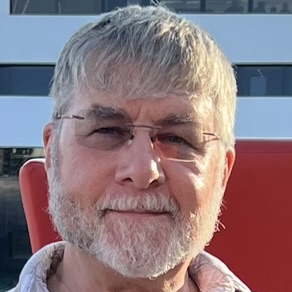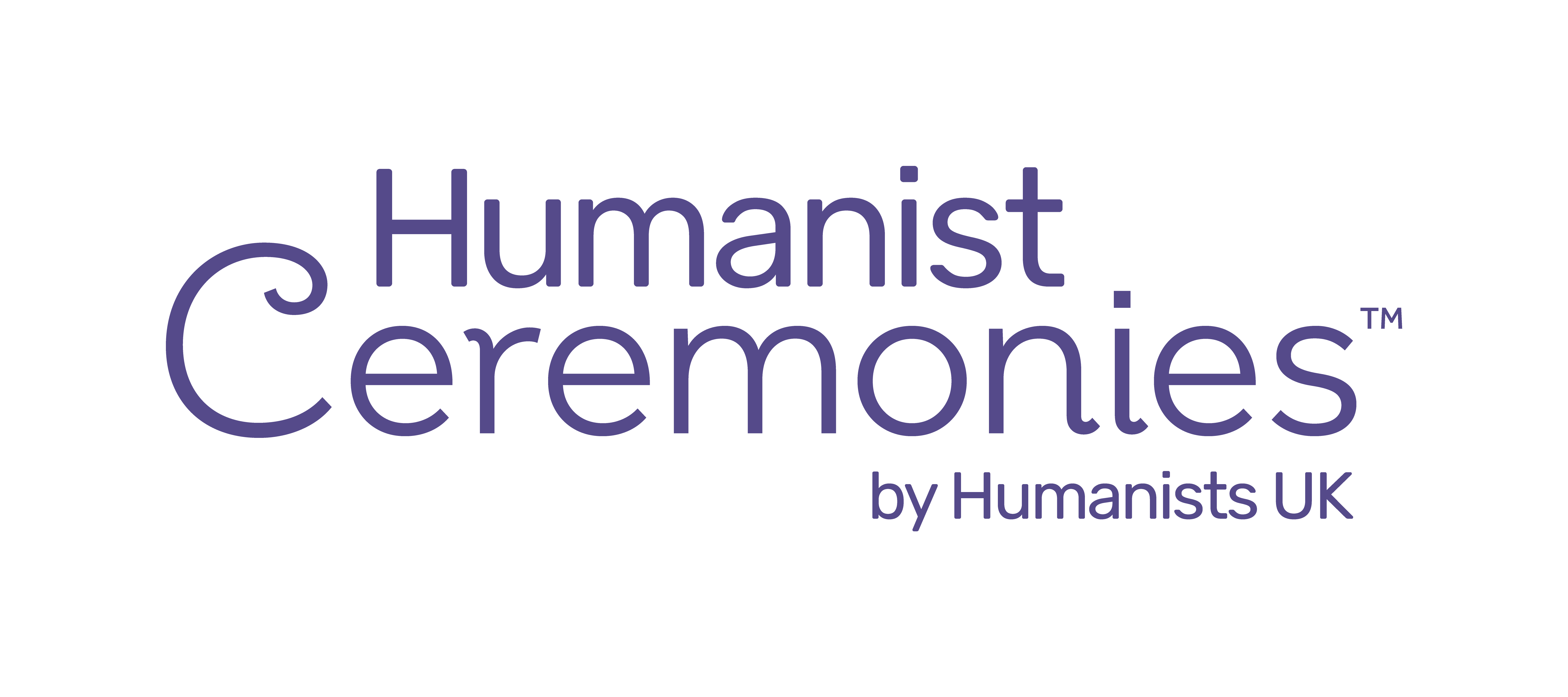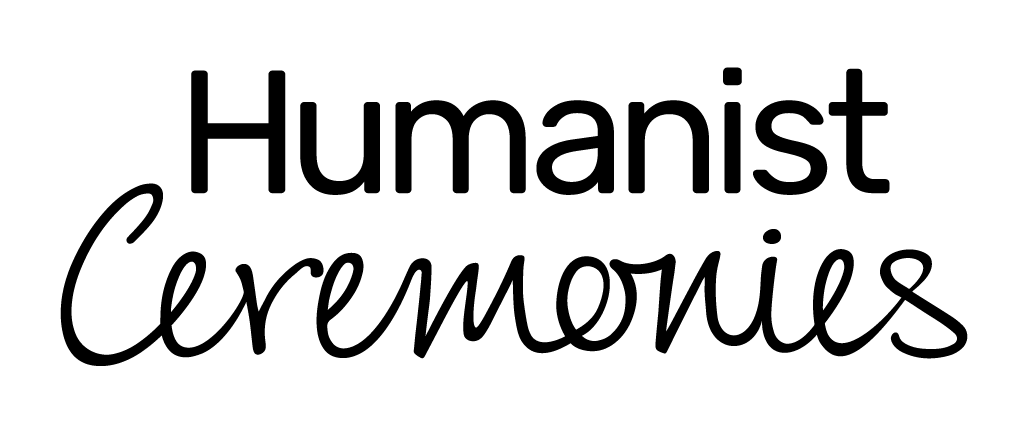Funerals are changing
How we mark the event of a loved one’s death is changing.
- Fewer than half of the British population now identify as religious. So it’s not unlikely that the person who’s died never went to a church and didn’t believe in God, etc. The idea of having a minister of religion speak at their funeral, with references to God and life after death is likely to feel inappropriate.
- The cost of a funeral may seem too much, so some families are choosing direct cremation (which usually means no ceremony in a chapel and no coffin. The body of the person who died is taken away and a container with ashes inside is returned.
- A traditional, British funeral is often built around the Victorian style, with a funeral director in dark colours, a wood (or wood effect) coffin, and perhaps a person with a top hat or similar walking in front of a black hearse. However, top hats aren’t essential and coffins can be made of wool, cardboard (great for final messages to be written upon), wicker, and many other materials, and dark, formal clothes don’t have to be the attire for the day.
Your choice of wood, or wicker, cardboard or no coffin; your preference for top hats, flat caps or bare heads; whether you want horses or an electric vehicle: these are matters to discuss with a funeral director if you choose one. You may want ‘no fuss’. You may organise a ‘DIY funeral’. However, one thing remains the same …
You want to remember the life that has ended. Where was he born? What kind of childhood did she have? How did he and his partner meet? What mattered to her? What is his legacy? Perhaps, even, what was the manner of her dying? The ceremony we choose to mark the end of a life should be mostly about that person, shouldn’t it?At a traditional funeral, the minister, vicar, priest, imam or rabbi is the celebrant. If you choose one of those, you know what you’ll get: there’ll be references to a god or gods and so forth, which is fine if that’s what you want. However, you have the option to choose a non-religious celebrant. If you’re reading this then the chances are that you’re thinking that way.
How do you choose a celebrant?
You want somebody who’s trained, who’s accredited by a responsible organisation and remains so, who’s part of a network so that in the event of illness or accident you or they can call upon another, similar celebrant to do the job, and who’s insured for public liability. An easy way to achieve all of this is choose a celebrant accredited by Humanists UK.
Humanists? Who are they?
Firstly, Humanists aren’t religious. Humanists don’t believe in God (or gods).
Secondly, they’re not a weird cult! Humanists don’t live in private communes, don’t impose impose repressive rules, and don’t try to punish somebody if they decide to leave the organisation.
Humanists are ordinary people who think that the values we hold and the behaviours we exhibit should be based upon human needs, not upon the words that are alleged to come from, or to have been inspired by unprovable gods. Humanists believe that the way to understand the World is through observation, experiment and rational thinking, not by reference to supernatural ideas. The difference between people who call themselves Humanist and those who don’t is sometimes only that the former have publically stated their position and support the organisation that promotes it.
What I will do
I’ll arrange to meet you to talk about the the person who’s died. Usually this will be in your home but it can be in the deceased’s home if you wish. You might want to show me around the deceased’s home to help me get a better impression of them but you don’t have to do this.
I’ll talk to you about what to include in my tribute to the deceased (and perhaps what you want left out), about music you’d like played and about poetry, prose or other readings you’d like to be read. I’ll help you with these choices if you wish. Readings can be by family or friends or I will read for them.
When we’ve agreed on the music, I’ll liaise with your funeral director and/or the staff at the venue to ensure it’s correct.
I’ll write a ceremony and send you a draft scripts by email. I’ll liaise with you until we’re in agreement about it.
Usually I wear a dark suit with a brighter (not black!) tie, but you can choose a theme if you wish, for example a particular colour or particular items of clothing such as hats, scarves or perhaps just a certain flower. Within reason, I’ll dress in a different style to blend with what you might ask the other mourners to wear, provided that I can easily source it or you can provide it.
I’ll meet you, speakers and the other mourners at the place where the ceremony is to be held (usually a crematorium but perhaps a building such as a chapel near the burial site). I’ll lead the ceremony in the same way that a vicar, priest, etc., would, but without religious references. Any religious symbols in the ceremony room will, if possible, be removed or covered.
I can help you with interpretation of the deceased’s medical certificate of death.
What I will ask you to do
I’ll ask you to show me a photograph of the deceased.
I’ll ask you to tell me about the deceased’s life, loves, family, passions, interests, travels, stories, quirks and sense of humour. When we meet you might want to have other people with you to help you remember. I may ask you to give me the phone number of family members or friends who can help me to build up my impression of the deceased.
I’ll ask you to look over the draft script that I send you, either to approve it or to contact me to suggest additions, amendments or deletions.
What I don’t do
- I don’t organise the display of photographs or videos or of personal belongings (e.g., a hat or scarf on a coffin). Your funeral director will help you with this.
- I don’t handle the deceased’s remains. This is your funeral director’s job.
- I don’t provide transport.
- I don’t provide bereavement counselling (which I’m not trained to do).
My biography
I was a senior hospital doctor for forty years: I retired in Spring 2021. I no longer practice medicine but I remain on the Medical Register and abide by the rules of the General Medical Council. This includes keeping confidentiality and maintaining high standards of personal conduct and behaviour.
After having spent four decades caring for people I wanted to continue to have a purpose outside my family. I now care for memories. I’m well accustomed to talking about death and dying and to being with people who are emotional or stressed.
I live in the upper Calder Valley, a few miles from Hebden Bridge.
Fees for 2025
Ceremony at a crematorium — £234
Ceremony at a venue, followed by a short ceremony at a burial site or separate crematorium — £269
(The above are the same as the Church of England’s fees.)
Ceremony for interrment of ashes (no eulogy) — £70
Additional visits to mourners — £117 per visit
There are no fees if the deceased had not reached the age of 18 months.
My fee includes:
- A visit to the chief mourner within 25 miles of HX2 6TU*
- Writing of a bespoke ceremony including revisions as required
- Liaison with your funeral director to check that music and poetry is correct in the order of service
- Attendance to conduct a funeral or memorial ceremony including attendance at a burial site as appropriate
- After the funeral, one printed and an electronic (PDF) copy of my script for the ceremony for the chief mourner
* By road as determined by Google Maps
Frequently Asked Questions
How long is the ceremony?
The time in a crematorium is usually limited to 35 minutes for the ceremony, including entry and departure of mourners. If you would like longer, for example for a longer eulogy or more time for speakers, then you can ask your funeral director to arrange a double period.
How much time will there be at the graveside?
The part of a funeral ceremony that happens at the graveside is usually no more than 5 minutes but may be longer, especially if you have asked for a longer poem or piece of prose. Mourners can stay longer after I have finished.
What if somebody plans to speak at the funeral but cannot or breaks down on the day?
I will have the words that that person planned to say, and can take over if asked.
What if somebody in the family or amongst the friends is religious?
People who have a religion are just as welcome at a Humanist funeral ceremony as anybody else. Humanist philosophy does not include a god, etc., and so does not include prayers. There will be a few minutes for silent contemplation and private prayers.
How do I pay the fee?
Usually my fee is collected by the funeral director on my behalf. Sometimes, for example if there is no funeral director, you pay me directly.
Contact
Phone 07801 973909
Email peter.bamber@humanistceremonies.org.uk
Social media www.facebook.com/profile.php?id=61574668950773
Address
Solomon Barn, Lane Ends
Luddendenfoot
Halifax HX2 6TU

